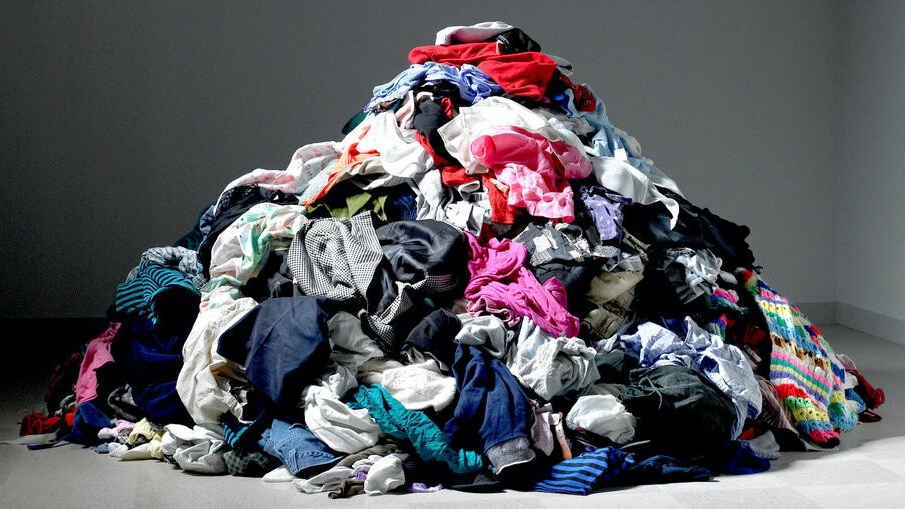The EU has banned to burn or throw away an unsold clothing. EU member states made such a decision to reduce waste from the textile industry, the Financial Times reports. This problem is not losing, but is increasingly gaining relevance. After all, the European Commission estimates that every year EU residents simply throw away 6 million tons of clothes, that cannot be recycled.
This is an important environmental problem, because unrecycled clothing accumulates, polluting the atmosphere. It is this rubbish, that has caused an increase in greenhouse gases and accounts for one fifth of EU emissions.
It is difficult and expensive for retailers to recycle items that consumers return to shops. So most of the time, they are simply thrown away or destroyed. And designer brands also destroy unsold goods so they don’t end up on the black market. For example, British shop Burberry burned £28.6 million worth of unsold goods in 2018 alone, but has already abandoned the practice after a scandal.
The European Commission announced a plan a year ago to support the recycling and reuse of goods, including textiles and shoes. However, at the time, European companies were not banned from destroying unsold goods, but were only required to report on the amount of products discarded.
And now EU member states have already supported a ban on destroying clothing and accessories. This measure will be one of the eco-design requirements for manufacturers. Each product will have a product passport with information on its manufacture. In addition, the requirements for the online sale of the products concerned will change.
This ban will not apply to small businesses, and medium-sized businesses will be given time to transition to the new requirements.
And according to recent forecasts, the global fashion industry could switch completely to recyclable materials in apparel production as early as 2030.


